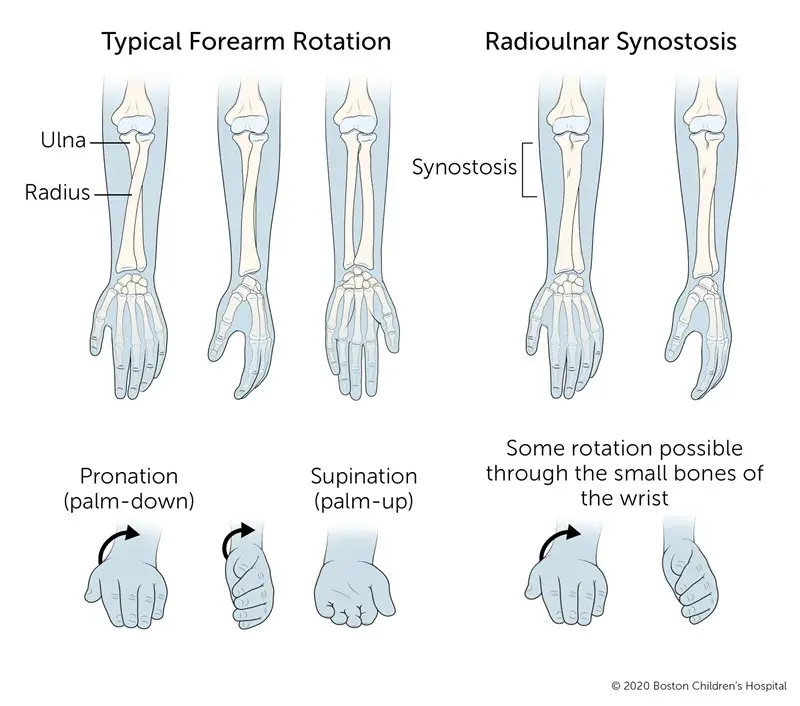Finding my sense of belonging as a Radioulnar Synostosis advocate
- Isabella Park
- Sep 17, 2025
- 3 min read

I used to avoid saying I have a rare disease. “Disease” sounded life-threatening, something that demanded urgency and pity. My condition, Radioulnar Synostosis (RUS), didn’t look like that.
RUS isn’t visible at first glance. I can’t rotate my left palm to face the sky beyond 90 degrees, and my left forearm is about an inch or two shorter than my right. The limitations show up in extremely specific circumstances: struggling to carry plates, not being able to do bicep curls, or having horrible volleyball bumping accuracy.
For a long time, I thought I didn’t “qualify” for that label. But I’ve come to realise that rarity doesn’t have to mean extreme.
I’ve never met anyone with RUS in person. Google told me that there were only a few hundred reported cases in medical journals, most of which were incomprehensible to me as a child. There was a strange clash of rarity and mundaneness. So it never occurred to me to go to the hospital until 8th grade, despite having been diagnosed as an infant.
I went to ask about the muscle pain I had struggled with for months. The school nurse had given me heating packs, but they also didn’t know what to do with a rare disease they had never heard of before. At the hospital, the X-ray technician was visibly confused when I couldn’t replicate some of the standard poses. I was also confused why I needed an X-ray; I already had a diagnosis. With my certainly unusual X-rays, I hoped I’d finally talk to someone who knew more about RUS than I did.
The doctor frowned and said, “Those two bones in your forearm… they don’t look so right.” Explaining that I had RUS only confused them more. Soon enough, I was explaining my own condition while the doctor Googled it. Kindly but helplessly, they concluded that there was nothing they could do but encourage me not to overexert my arm. I walked out just as uncertain as I’d been walking in.
It was only on Reddit that I found new information. Hundreds of people were posting about their experiences with RUS, learning how to adapt workouts and play the guitar, all incredibly relatable anecdotes. Instead of a medical journal, I found my community on an anonymous online forum with a questionable reputation.

I eventually founded RUS in Focus to interview patients, consolidate crowd-sourced information, and make such resources easier to find. None of us are orthopedic surgeons or physical therapists, but we are all experts.
Being a rare disease patient doesn’t just mean falling through the cracks of medical literature; it also means having an even stronger community. Every story matters more because of how few there are.
A couple of years ago, I would have never imagined identifying myself as a rare disease advocate on Instagram. But finding that sense of belonging gave me the confidence to dive into formal advocacy. Through four meetings with legislators, I’ve gained a valuable understanding of various laws and honed my communication skills.
When I first started sharing my story, I worried I might be taking up space. My experiences didn’t feel difficult enough to legitimise “real” advocacy. But I’ve realised that gaps in medical knowledge and coverage affect all rare disease patients. The same barriers that stood in my way to accessing informed care have far higher stakes for patients who rely on consistent, specialised care. The stories I tell legislators aren’t limited to RUS patients. They’re shared struggles amongst rare disease patients that underlie the wide range of individual struggles.
For many rare disease patients, including myself, we don’t even know how many patients there are. No hospital article or medical study can discuss how our rare diseases have shaped the way we approach daily life. In that way, we have expertise. Age does not affect the value of your contributions to patient communities. Advocacy doesn’t always have to be protesting or calling legislators; it can start with leaving a comment on a post that makes you feel a little less alone.
Website
Socials
LinkedIn: @isabella-seojin-park







Comments